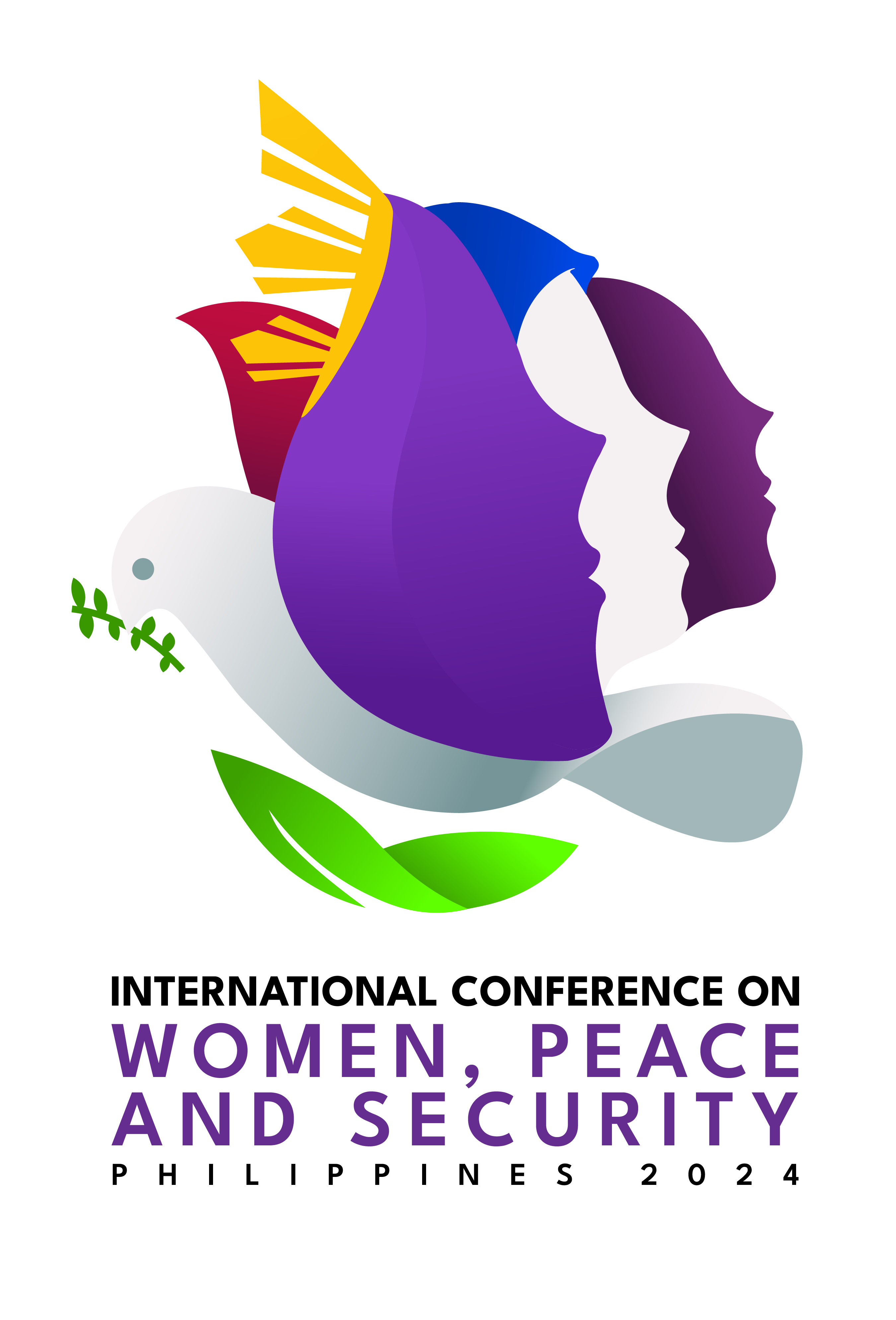Philippines launches landmark NAPWPS indicator handbook

PASAY CITY — The Philippine government, through the National Steering Committee on Women, Peace, and Security Committee (NSCWPS), launched on October 30 the Indicator Handbook of the country’s National Action Plan on Women, Peace and Security (NAPWPS) 2023-2033.
The launch of the handbook, which was held on the last day of the International Conference on Women, Peace and Security (ICWPS), marks a major milestone in the Philippines’ commitment to advancing the global Women, Peace, and Security agenda.
The Indicator Handbook adopts an extensive Monitoring, Evaluation, Accountability, and Learning (MEAL) framework to monitor and evaluate the progress of the NAPWPS, ensuring accountability and meaningful change for women and girls in conflict-affected communities.
‘Tool for NAPWPS localization’
In his remarks, the Presidential Adviser on Peace, Reconciliation, and Unity and chair of the NSCWPS, Secretary Carlito G. Galvez, Jr. emphasized the significance of the indicator handbook in the effective implementation of and localization efforts for the NAPWPS.
“The indicators contained in the handbook we are launching are critical. They will allow us to effectively operationalize our National Action Plan at all levels of societies — from the communities and local government units, all the way up to the regional, provincial and national line agencies,” Galvez said.
Galvez also underscored the collaborative efforts among member agencies of the National Steering Committee, civil society organizations, and international peace and development partners, saying, “The current state of the Philippine WPS agenda would not be where it is today without the contribution of each and every one of you.”
Evidence-based women empowerment
Philippine Commission on Women (PCW) Chair and Vice Chair of the NSCWPS, Ermelita V. Valdeavilla explained how the handbook can help the NSCWPS become “effective custodians of the NAPWPS implementation process.”
“With this, we are positioned in an empowering cycle of learning, growing, and gaining confidence in leading the implementation of the WPS,” Valdevilla noted.
“One of the most important and my favorite aspects of the MEAL plan and indicator framework is its power to produce data and statistics that are vital to women’s empowerment,” the PCW chair added.
Valdeavilla said the results drawn from the comprehensive monitoring and evaluation framework “would serve as evidence that could transform women’s actions, ideas and opinions into facts that will consequently give women visibility and voice. Without evidence, women’s stories and their experiences are taken for granted.”
Impact of collaboration
Ryce Chanchai, Regional Program Lead for the ASEAN Governance from UN Women Indonesia, praised the collaborative approach that the Philippines has taken in developing the indicator handbook, emphasizing that the process has led to the development of a framework that is just as important as the data that can be produced.
“The reason why I’m so excited about it is not because you and women get to actually work on this, but because the huge ownership at every level of the Philippines… and leading the way at the ASEAN Regional level and the global level of putting together some of these good practices and moving it forward,” Chanchai said.
She added that the handbook has the potential to enhance the monitoring and reporting on WPS in the Philippines through regular reporting mechanisms, which then can be linked to and address key issues such as resource allocation.
Chanchai also recognized the growing attention that is now given by stakeholders to Women, Peace, and Security initiatives across the Southeast Asia region.
“The Philippines have been at the forefront in our region to lead these efforts. There is an increasing recognition that the WPS agenda is not a niche agenda for women, but it is for everyone,” she said.
‘Engage all voices’
OPAPRU Executive Director for Peace Sustainability Susana Guadalupe H. Marcaida, called on peacebuilders, peace advocates, and other stakeholders to be more responsible and accountable as the WPS’ main implementers.
“The support pillar of the MEAL is here to ensure we see the impacts of our work that our actions lead to a secure, peaceful Philippines where no one is left behind. Engage all voices, especially from the grassroots,” Marcaida said.
The indicator handbook is not just a document — it is a shared vision of peace born from the courage and resilience of countless Filipinas who, despite either being forgotten, have never been invisible in the history of our aspirations for peace.”
In her closing remarks, Christine Arab, Regional Director for the Regional Office for Asia and the Pacific at UN Women, expressed the agency’s continued support to the Philippines’ WPS agenda, stating, “UN Women is proud [of] the Philippines on this… we’re really proud that we’re able to support you in the way that you see it’s most useful.”
The indicator handbook will serve as a vital tool for government agencies, local authorities, and civil society organizations to effectively implement and track the progress of the NAPWPS, ultimately contributing to a more inclusive, secure, and peaceful Philippines.
The development of the handbook was also supported by the Canadian government, the UK International Development, and Australian Aid.

